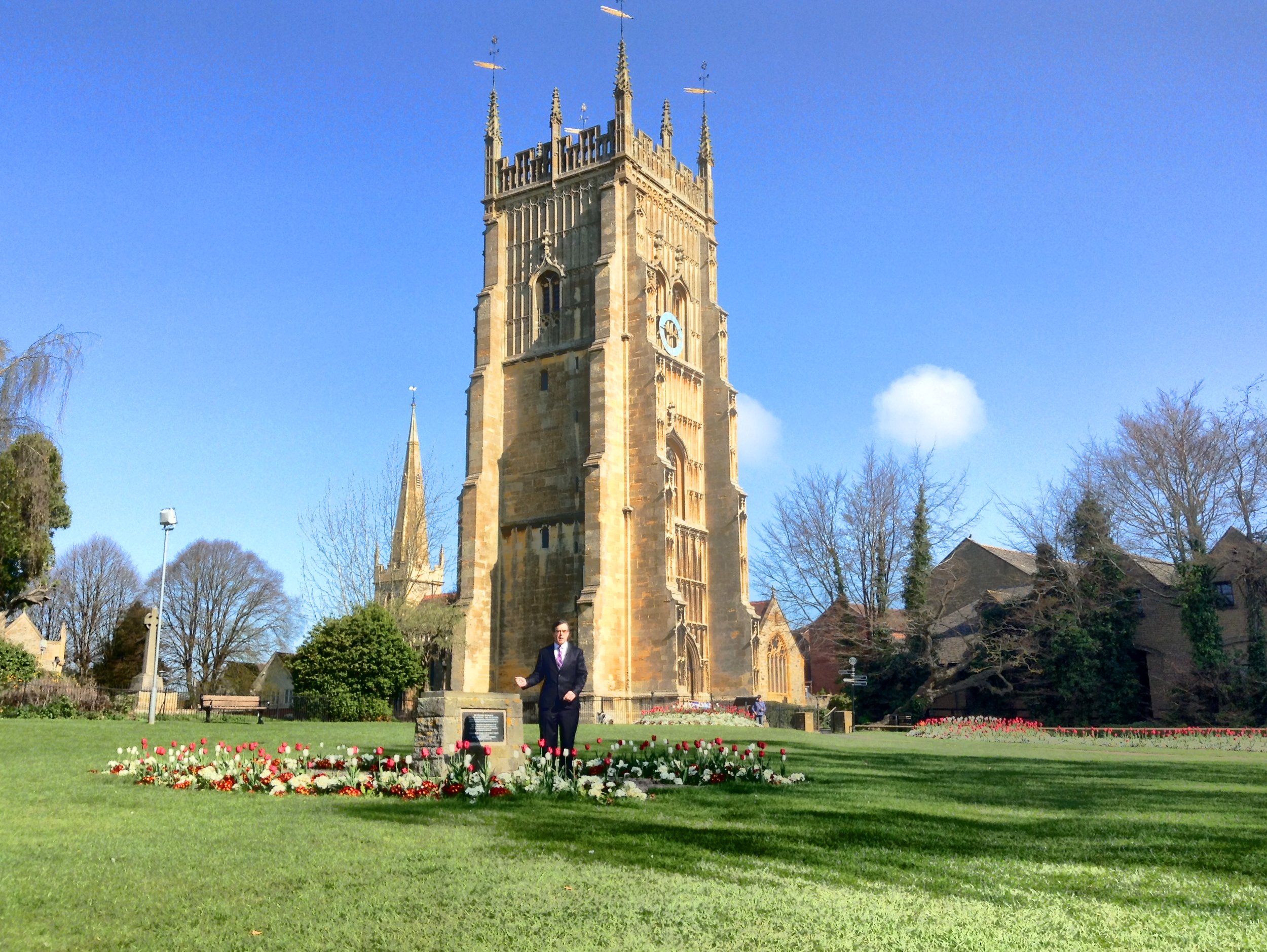It happened today - May 14, 2016
 On May 14 back in 1264, King Henry III of England was captured at the Battle of Lewes by Simon de Montfort. Enough with the battles, kings and captures, you may be saying. But as we explain in our documentary Magna Carta: Our Shared Legacy of Liberty, what matters in such situations is not who hit who with a sword but why and what happened afterwards.
On May 14 back in 1264, King Henry III of England was captured at the Battle of Lewes by Simon de Montfort. Enough with the battles, kings and captures, you may be saying. But as we explain in our documentary Magna Carta: Our Shared Legacy of Liberty, what matters in such situations is not who hit who with a sword but why and what happened afterwards.
This battle arose because various barons including Montfort, the king’s brother-in-law if you like dynastic complications, were very unhappy with Henry’s weak, spendthrift, slippery and ineffectual reign. It was by no means their first go at the king, nor the first victory after which they tried to get him to reform his ways. But the important thing is the aftermath.
They didn’t cut off his head, or worse. Instead they dragged him to Westminster, summoned a parliament, the “model” parliament that first included knights and burgesses representing the common man and allowed to speak on questions of high policy, and before that parliament forced the king to reaffirm Magna Carta and its companion Charter of the Forest.
As we note in the documentary, it all went sour for Montfort after that. In 1265 he was defeated at Evesham by Henry’s son Edward, the future Edward I, and they did cut off his worse. But remarkably, in rallying support for his cause and his father’s, Edward himself invoked Magna Carta, claiming that Montfort and his allies were not observing it.
When both sides are invoking liberty to justify their cause, it can just be lip service. But not in the English-speaking world, at least not until recently. Indeed, after Henry was restored and then died in 1272, Edward as king maintained Montfort’s precedent of summoning parliaments including commoners, to whom he pledged that there would be no taxation without representation. And it was expressly enacted during his reign, and that of his grandson Edward III, that any law contrary to Magna Carta was null and void.
This constitutional settlement, and this conception of the constitutional order, is directly relevant to our constitutional discontents today because Canada in 1982 received a very strange and deformed Constitution that apparently grafted an ersatz American-style Bill of Rights onto a struggling British-style parliamentary system. I have even had one person say they would be inclined to support our “True, Strong and Free” project to fix our Constitution if we proposed getting rid of the Charter but not if we proposed modifying it because it simply doesn’t belong in a Parliamentary system.
Our Charter is indeed a highly defective instrument, sharply different from the American and British Bills of Rights and their Magna Carta predecessor in having the egregious Section One bolthole saying “The Canadian Charter of Rights and Freedoms guarantees the rights and freedoms set out in it subject only to such reasonable limits prescribed by law as can be demonstrably justified in a free and democratic society.” But it is a mistake to think of the 19th-century British system in which Parliament could do anything, though it generally didn’t want to, as being real or pure parliamentary self-government.
From the 13th century on at least until the 18th, the British system was not one in which legislators could do anything whatsoever. There was a higher law, expressed in Magna Carta and deriving from the people, further clarified in the 1689 Bill of Rights, that said their liberties were inviolate even at the hands of duly constituted authority.
Our own Charter was an attempt to revive such a system. Unfortunately it was badly botched, not only by the inclusion of collective “rights” that violate individual ones but even more by the lethal Section 1. There’s nothing like that in Magna Carta and with good reason. And what we need is to get back to a system in which the fundamental rights of Canadians are guaranteed by a document that emanates from the people and that their representatives, whose mandate to deliver peace, order and good government by prudent legislation and moderate taxation does not include the capacity to alter fundamental law especially where our liberties are concerned.
If bloody medieval barons and monarchs with their apparently petty quarrels could understand it and act on it, we can too.